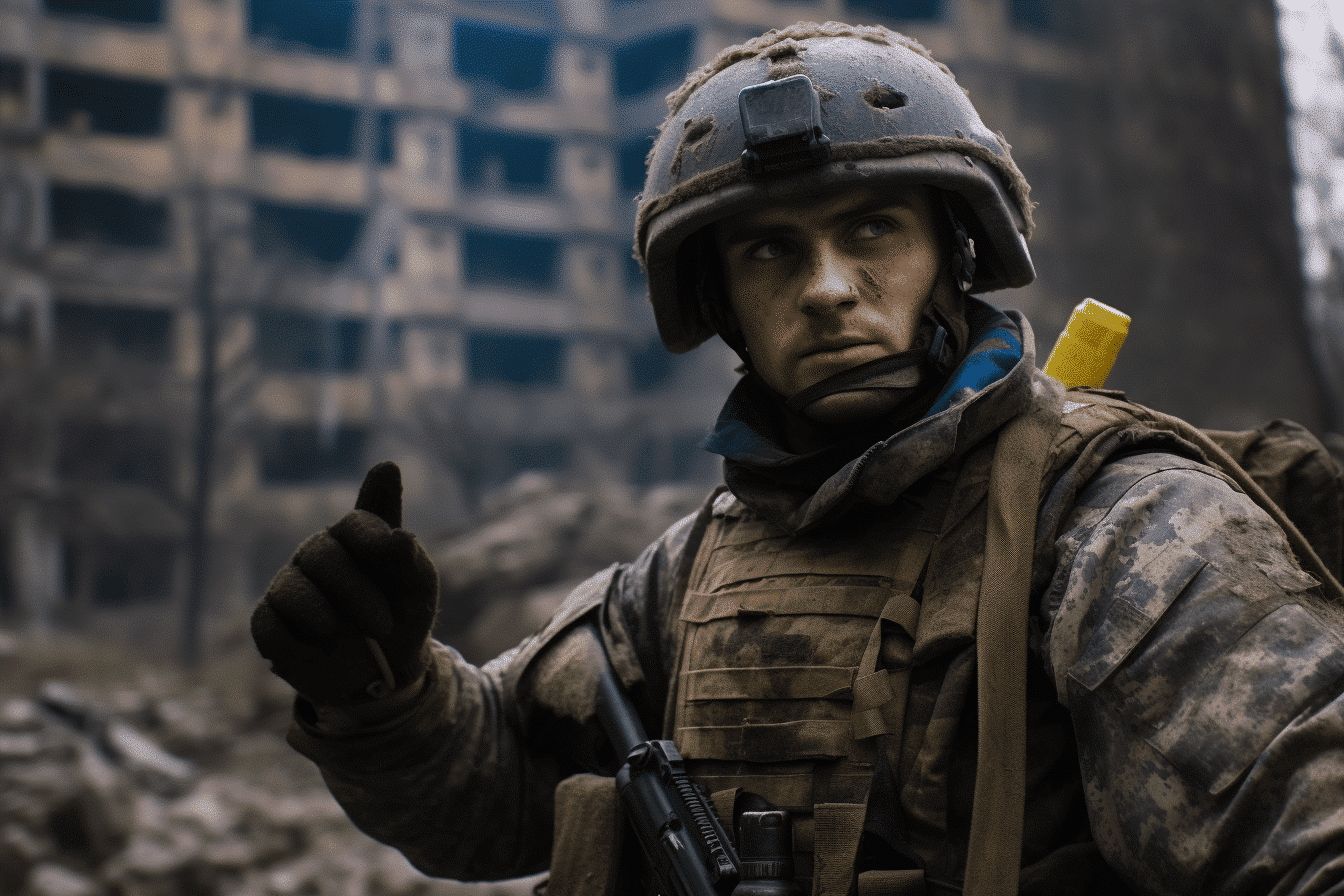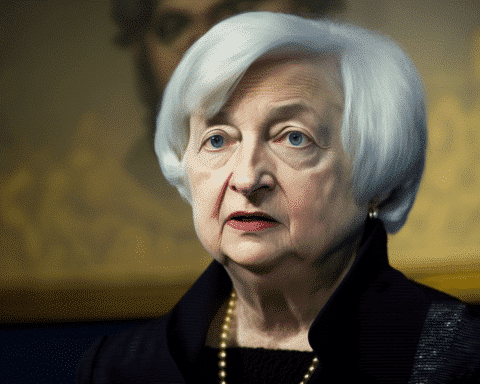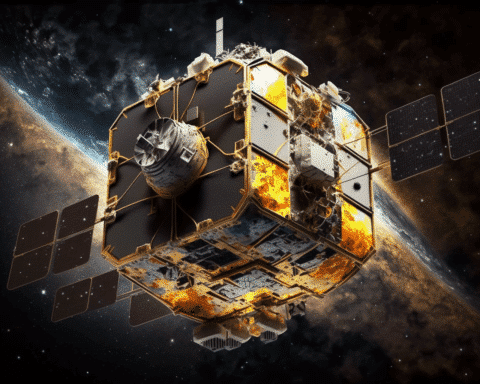As Russia’s bid to seize the strategic city of Avdiivka in eastern Ukraine appears to wane, the protracted conflict between the two nations marks its 600th day. Recent reports from Kyiv officials suggest that Russian forces may be slowing their offensive operations, indicating a potential shift in the dynamics of this brutal war.
In the past 24 hours, the Ukrainian General Staff reported that they thwarted 15 Russian attacks approaching from four different directions on Avdiivka. These numbers starkly contrast to the up to 60 attacks per day seen in the prior week. This significant decline led Vitalii Barabash, head of the city administration, to suggest that the Russian campaign to conquer Avdiivka has “deflated.” This view is shared by the Washington-based Institute for the Study of War, which recently commented on the diminishing tempo of Russian operations in the area.
Although Russia’s Ambassador to the United Nations, Vassily Nebenzia, characterized the intensified attacks as a “new stage” in Moscow’s Ukraine campaign, the forthcoming winter conditions will likely curtail extensive military activities for both sides. This environmental impediment has caused both parties to push for significant battlefield breakthroughs, seeking to galvanize their troops and boost morale.
In an attempt to shift the balance, Ukraine initiated a counteroffensive approximately four months ago. Despite achieving some ground, their successes remain modest when juxtaposed with Russia’s superior numbers. Nevertheless, Kyiv remains undeterred, with fortified cities like Avdiivka providing strategic artillery advantages.
While Western allies of Ukraine reaffirm their commitment to military and financial support, contrasting global events like the Israeli-Hamas conflict have started vying for resources. Amid these international pressures, the U.S. has pledged substantial aid, with National Security Adviser Jake Sullivan revealing plans to request over $2 billion in combined aid for Ukraine and Israel.
Throughout this conflict, misinformation remains a persistent challenge, making validating claims from either side challenging. However, statements from prominent figures like Russian Defense Minister Sergei Shoigu and President Vladimir Putin continue to shape perceptions, as both downplay Ukraine’s counteroffensive gains.
Organizations like the Organization for Security and Cooperation in Europe (OSCE) are increasing their diplomatic efforts in the broader geopolitical landscape. Chief diplomat of North Macedonia, Bujar Osmani, representing the OSCE’s current presidency, has called on Russia to cease its hostilities and withdraw its troops.
In a humanitarian gesture amidst the conflict, Russian children’s rights ombudswoman Maria Lvova-Belova announced her office’s success in reuniting 35 Ukrainian children with their families. However, her credibility is overshadowed by her indictment by the International Criminal Court.
The war in Ukraine, nearing its second anniversary, remains a complex tapestry of military, diplomatic, and humanitarian challenges. The recent shifts in the battle for Avdiivka underscore the ebb and flow of this conflict. As the world watches, diplomatic efforts and humanitarian gestures, like reuniting families, provide a glimmer of hope amid the grim backdrop of war. However, the commitment of international allies and the resilience of the Ukrainian people remain pivotal in shaping the future of this embattled nation.




